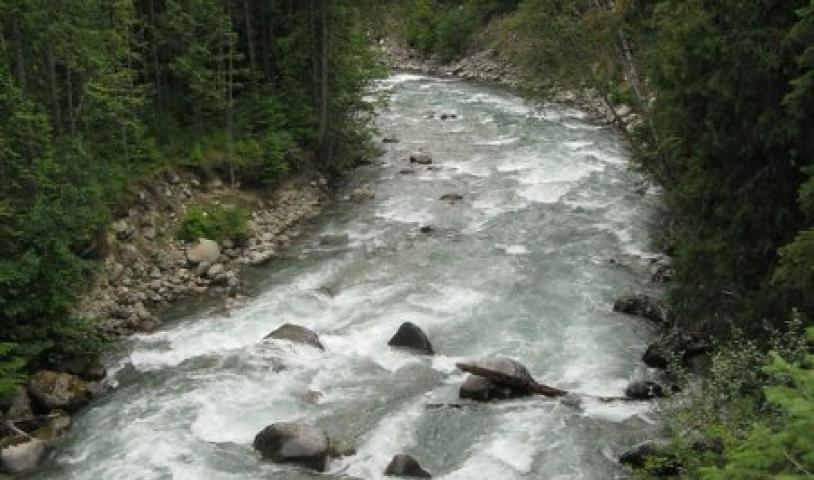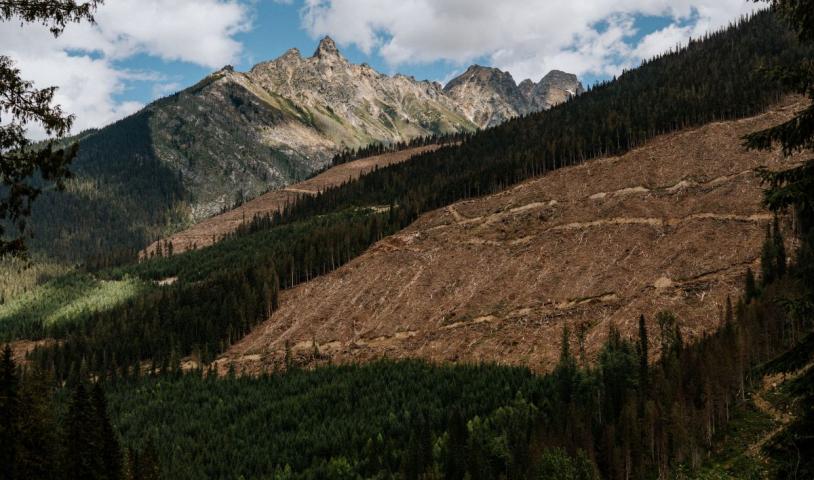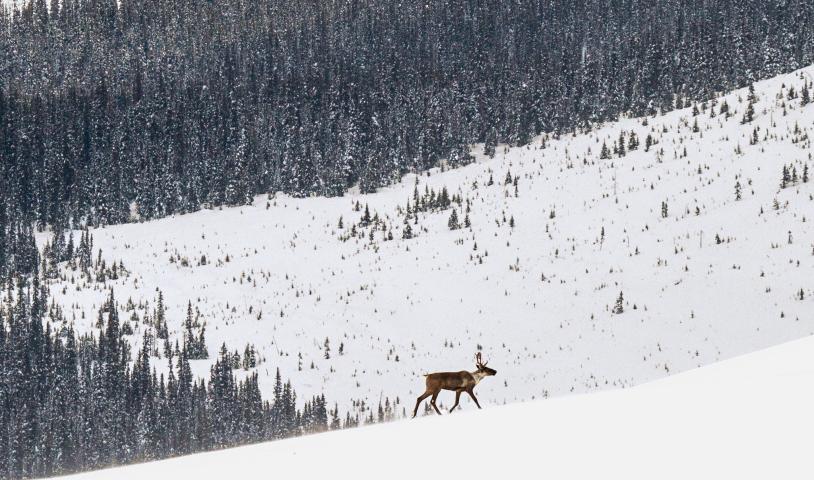Federal omnibus bill is part of assault on fish stocks
Thursday, November 15, 2012
Environmentalists are accusing the federal government of waging a war on fish.
They say it started with Bill C-38. The first of two omnibus budget-implementation bills introduced this year and approved over the summer, the legislation gutted habitat protections provided under the Fisheries Act.
Now, according to critics, Prime Minister Stephen Harper and his Conservative government are ditching federal oversight of 99 percent of the country’s lakes and rivers. This will be made possible by Bill C-45, the second omnibus budget bill, which was introduced in the House of Commons in October.
“It’s a double whammy against fish,” marine biologist Otto Langer told the Georgia Straight in a phone interview.
A former scientist with Fisheries and Oceans Canada, Langer said there’s a lot at stake with the proposed rewriting of the Navigable Waters Protection Act, one of several legislative changes contained in Bill C-45.
The NWPA provides federal regulatory oversight over infrastructure projects like bridges on waterways where one can paddle a canoe. The law will be changed into the proposed Navigation Protection Act, which will cover three oceans and only 97 lakes and sections of 62 rivers across the entire country.
“Now you’re not going to do any environmental review on a lot of works [projects] that will harm navigation and fish habitat,” Langer said. “Generally if something interferes with a kayak or a canoe or boat going down the river, you would be pretty certain that it’s going to interfere with fish habitat.”
Transport Canada maintains that under the current law, federal approval is needed on every project involving waterways, creating delays and slowing down work. The department didn’t make a spokesperson available for comment before the Straight’s deadline.
Although the NWPA was originally intended to facilitate navigation in the country, Joe Foy explained that the law has become one of the measures that can trigger a federal environmental assessment. This means projects requiring a permit under the NWPA have to undergo a review under the Canadian Environmental Assessment Act. This process entails gathering input from different federal agencies, including Fisheries and Oceans Canada.
But according to Foy, who is the national campaign director for the Wilderness Committee, that mechanism has been taken away by the Harper government. Due to the passage of Bill C-38, NWPA–related projects will no longer automatically trigger a federal environmental assessment.
“By making it less likely that there will be an environmental assessment, it may mean that projects are approved without oversight,” Foy told the Straight by phone. “And that would be bad for fish.”
In a legal backgrounder published in October, Ecojustice notes that Canada has at least 32,000 lakes and over two million rivers. The environmental-defence group points out that the proposed Navigation Protection Act will exclude 99.7 percent of lakes and more than 99.9 percent of rivers from federal oversight.
Ecojustice also states that the list of lakes and rivers that will continue to be regulated federally does not include the Kitimat and upper Fraser rivers in B.C. These waterways lie in the path of the proposed Northern Gateway oil pipeline from Alberta to B.C.’s north coast.
According to Transport Canada, other legislation will continue to provide environmental protection for waterways. Under the proposed law, proponents of infrastructure projects in unlisted waters have the option to seek federal approval. Meanwhile, the government is also expanding the list of so-called minor works that are exempt from review. This list was put together in 2009 when the Conservative government made some amendments to the current legislation.
Fin Donnelly, the NDP MP for New Westminster–Coquitlam, doesn’t buy the government’s line that the impending changes to the waterways law only have to do with navigation.
“It’s a similar line that they used with the changes to the Fisheries Act: that it had to do with farmers’ fields and drainage ditches, and nothing to do with oil pipelines and major industrial projects,” Donnelly told the Straight in a phone interview.
Bill C-45 is being discussed by various committees in the House. It will be deliberated on by the finance committee starting on November 20, according to Donnelly. With Conservatives enjoying a majority in Parliament, the measure will most likely pass.
The NDP’s deputy critic for fisheries and oceans stressed that the Conservatives are engaged in a “war on legislation that poses problems to their oil agenda”.
“Those lakes and waterways enjoy some of the strongest protection in the country, and that has been eviscerated with the Conservatives’ attack with their two omnibus bills,” Donnelly said. “This Navigable Waters Protection Act change is in keeping with that assault on fish.”





